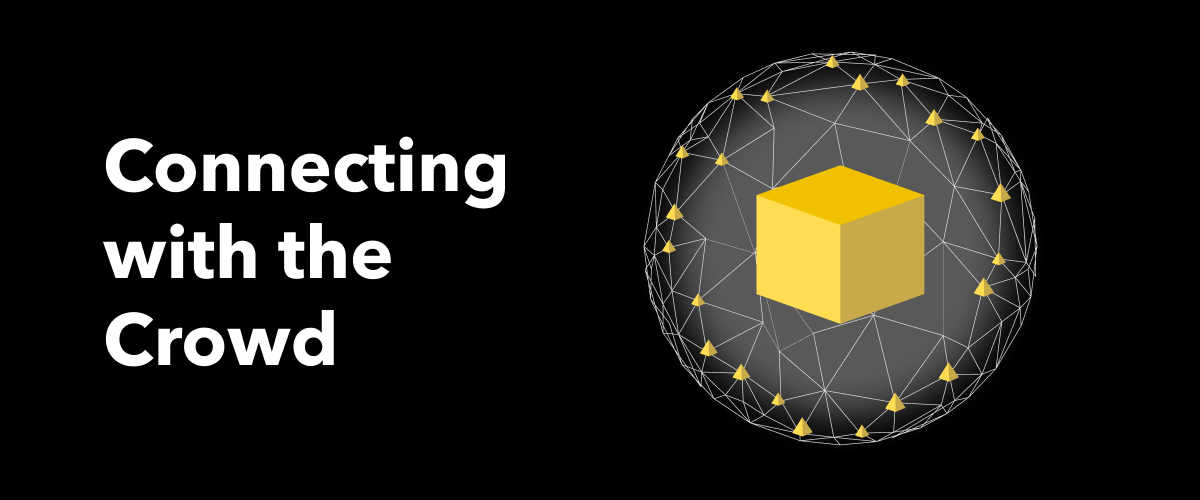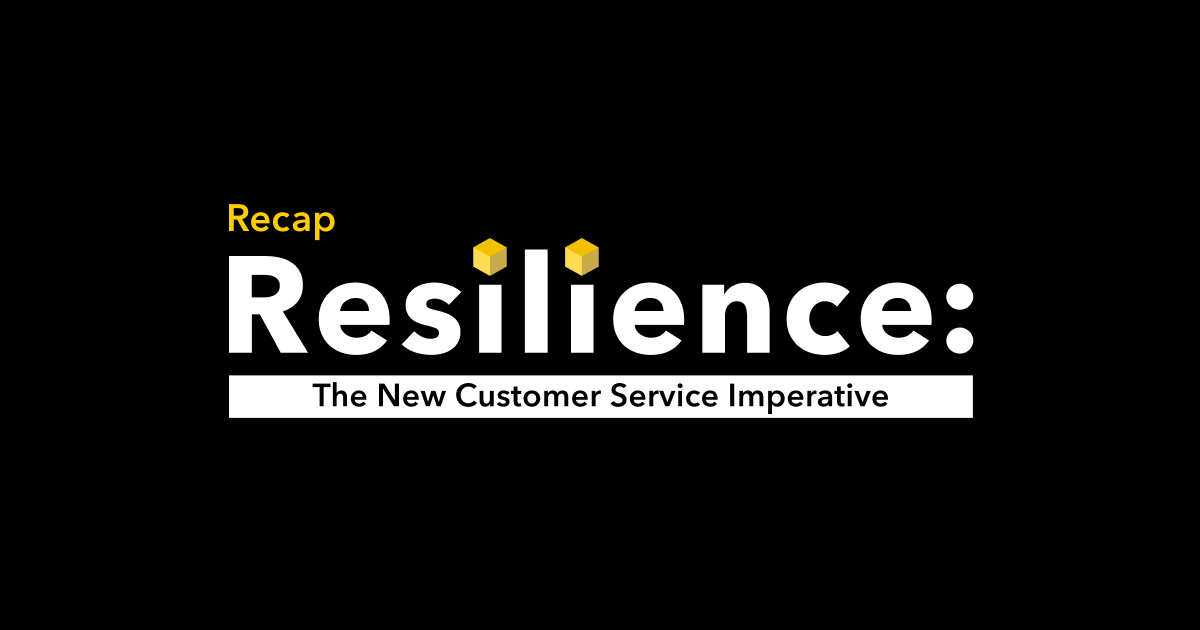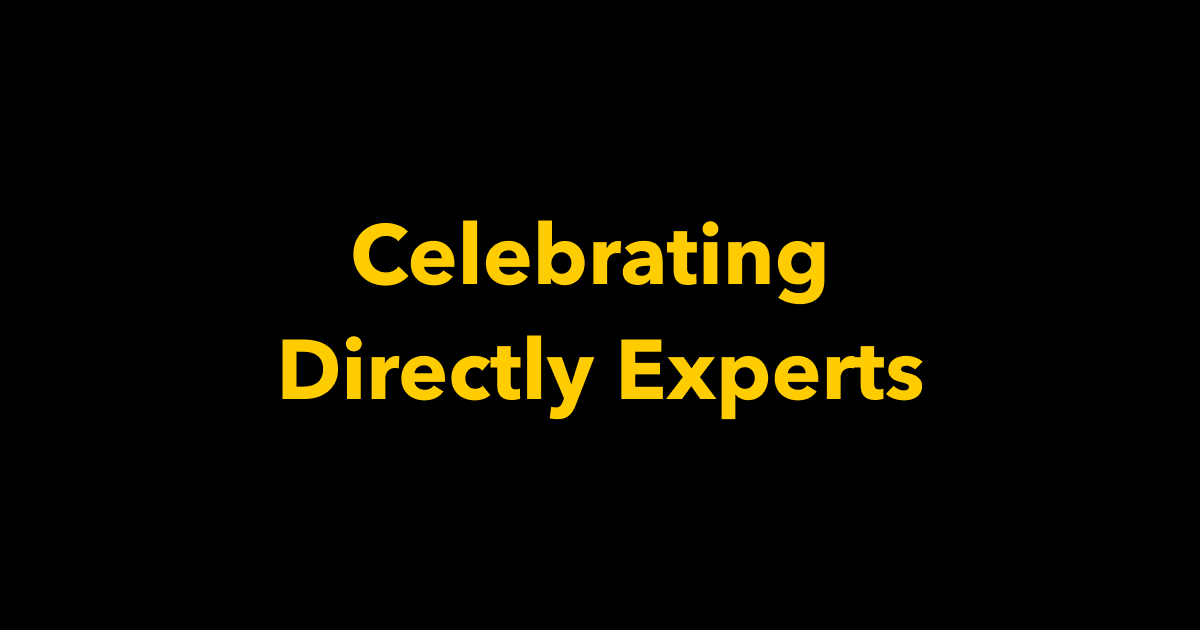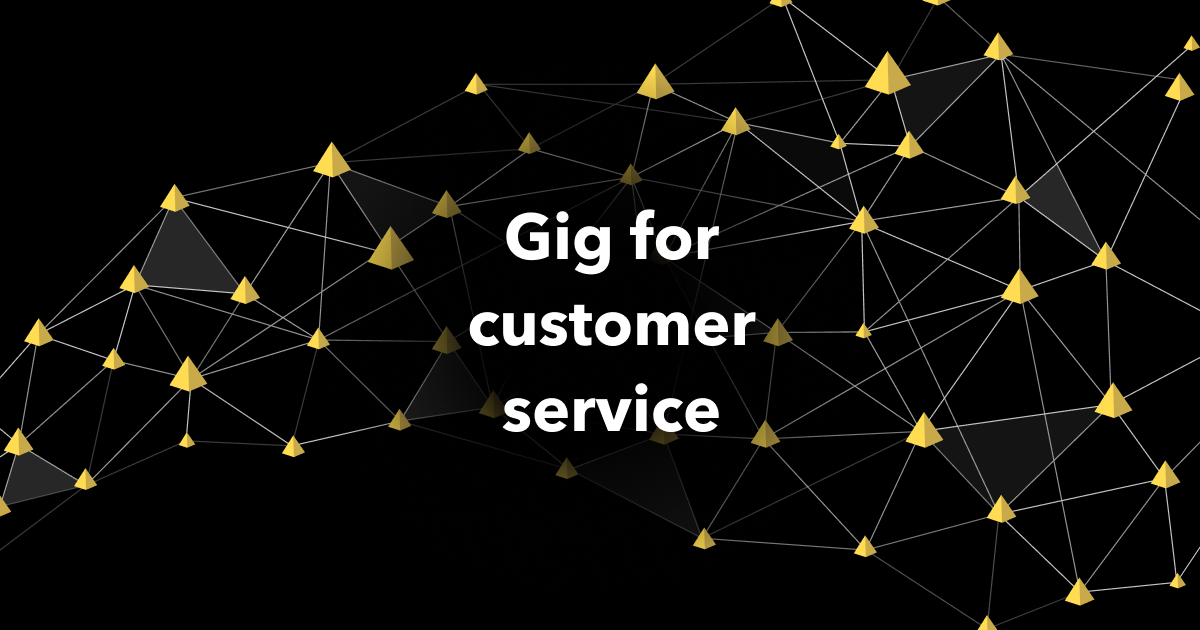“The crowd” is a funny term. When properly harnessed and managed, the crowd can be powerful, smart, scalable — and solve some challenging problems that individuals and teams simply can’t.
At Directly, we help companies access technical and product experts, sourced from the crowd, as a means of augmenting the customer service organization. Via our platform, the crowd provides a better way of solving many customer service challenges than the traditional call center.
But thinking about “the crowd” as a single entity doesn’t tell the whole story. The crowd is ultimately the sum of individual people — people with different needs, passions, and skills. And building relationships with those people is what Rachel Goldschmid loves most about her job.
Rachel, an experienced community manager, is at the center of our on-demand expert network. Her job, as she describes it, is to “foster a positive relationship with our experts to improve expert satisfaction and retention.”
Put another way, she’s an enabler for the millions of customer service questions that our community of experts answer for top companies every year. She’s tasked with passing expert feedback back to our product team and sharing crucial information with the experts that help them do what they do best — answer questions and close tickets.
At times, Rachel focuses on the broader scope of expert networks and how the different groups are performing for different companies. However, it’s the individual interactions and lively threads on the Directly expert forum that keep her excited about her role. It also helps that when she comes to work every day, she gets to engage with experts who are passionate about the products and services they represent.
We recently had a chance to catch up with Rachel to talk about her important role. We chatted about the attributes that make our experts successful, what keeps them motivated, and why leading companies put trust in our experts as the face of their customer service. Here’s what she told us:
What do you like most about your job?
I love forming genuine relationships with experts. I feel very comfortable working with them, and they can reach out to me and they know I’m available. It’s this awesome, symbiotic relationship. It is a business relationship — but it’s based on authentic human connection, which is really meaningful and powerful.
What do you think is the business impact of having that, as you say, ‘symbiotic relationship’?
A key component of our daily expert analysis is expert satisfaction — and we were happy to see how high it was when we did a recent survey. The more satisfied people are with their work, the more likely they are to stay.
In that survey, 95% of experts said they wanted to keep working with Directly over the next year. You must be proud of that!
Yeah, that’s really amazing to see. We also have asked experts what they love about Directly and why they joined — in more of a discussion on the forum. One reason they want to keep working with us is the flexibility of being able to work on their own schedule. Being able to work remotely is also really huge for them. And then for a lot of our experts, they are earning a pretty significant amount of money — for some it’s a critical income source, especially with the economic impact of COVID-19 this past year. The other piece that experts really enjoy is the satisfaction of knowing that they helped someone.
What’s one thing that you think Directly experts do exceptionally well — that might not be obvious?
There’s this perception that experts are isolated because they are working independently. They can’t turn to their colleagues sitting next to them and ask a question. But there is a tremendous amount of collaboration between our experts — both on our platform and also our expert forum. They give each other recommendations on how to solve specific problems. They ask each other for help to ensure that customers are getting the correct answer and the help they need — even if the original expert isn’t the one who’s able to answer the question. So, in some ways, it’s not all that different than the collaboration that you might see in a call center — it’s just done virtually.
What’s one thing that you think people misunderstand about Directly experts?
People don’t realize that these experts are coming to us with a lot of first-hand knowledge and experience. They are already enthusiasts and active users of the product that they’re helping with.
So they don’t necessarily need the same kind of training as a call center agent that isn’t a user of that product. They already have the context. They’re starting with a lot more foundational knowledge than a random new agent might have.
From your experience, what are the biggest differences between on-demand experts and other types of agents?
The agents I worked with at my last job had a totally clean slate — they didn’t know anything about the product they were supporting. So there was a lot of training and education required — and a long ramp-up period — before they were able to get started. Our experts come in with most of the knowledge that they need to successfully answer customer questions. We offer them education about how our platform works and once they pass our skills test they can pretty much get started right away.
Some business leaders have a hard time trusting “the crowd.” Why do you think they can trust Directly experts?
For one, our vetting process is very thorough. We go to great lengths to make sure that experts have the knowledge and communication skills that they need to be successful. Additionally, we perform in-depth identity checks to make sure people are who they say they are before they can do any work.
We also offer them pretty extensive resources on how to use our platform and how to represent themselves as an expert user, as opposed to an employee of the company. And we really hammer home that we don’t have any tolerance for experts who misrepresent themselves. As part of our continuous training resources, we provide tips on how to be empathetic and understanding with the customers they are helping.
The past year has been hard for a lot of people — how has the pandemic affected experts and their work?
The challenges supporting the various businesses have been pretty different. For one (hospitality) company, there were a lot of customers panicking and canceling their reservations and our experts had to learn a lot of complicated policies.
For a gaming customer, everyone was stuck at home playing more games — and there was a point where the company had the most concurrent users they ever had online and their question volume was insanely high. We were able to step in and successfully onboard experts to quickly scale our network to help our customers manage these surges — especially as call centers closed.
On a personal level, some of our experts lost their full-time jobs due to the pandemic and have been able to do more on Directly to keep them afloat while they’re not employed.
It seems across the customer service industry people have been more angry and unhappy because of the pandemic. Have experts faced the same sentiment when interacting with customers?
You know, we honestly haven’t heard anything from our experts about people being more distressed. With some networks, there were challenges related to the products and services as I mentioned, but the interactions have been professional.
From your perspective, how did the experts perform in those situations?
When surveyed on this, many experts said the most important thing is empathy. One expert said he was helping a customer trying to get a refund — and the expert was recently in that exact same position. So he literally has been there and was able to say, “The same thing happened to me.” He was able to respond confidently about the refund policy. He was also kind, relatable and empathetic because he’d been there.
Has the pandemic changed how you work with experts?
There has been this belief across many who work in online communities that the pandemic has made people more willing and more excited to engage online. In the past, you maybe had a lot more people just lurking and reading — but not actively participating in discussions.
Maybe that’s shifted because everyone’s looking for human connections wherever they can these days. And I think that’s true with our experts. We’re seeing a lot more engagement across the board with webinars, meetups, other kinds of virtual events — our experts are excited to participate and come together in a lot of different ways.
You recently started an advisory panel of experts. Tell me about it.
Every quarter, we have online meetings with at least one rep from each of our client networks. It’s a great chance to get feedback and share ideas for things we’re working on.
And between meetings, if we’re looking for experts to beta test new features or just give us their feedback on the platform – they are my go-to experts. They also have been great about sharing what they learn about Directly across the network they support. They are truly great ambassadors.
OK, last question. How would you explain what makes Directly experts great at customer service?
Our experts are very proud of what they do and proud to represent the company and products that they love to use. And if someone else is not living up to their expert standards, they take it really personally. They have really low tolerance for poor customer service, wrong answers or bad behavior. They hold themselves to a high degree, but they also have high expectations for one another.
There’s a lot of pride in what they do and respect for the brands they support each and every day.
Why Directly Experts?
Directly delivers world-class customer service for leading Fortune 500 brands. Captive and outsourced contact center models increasingly can’t keep up with customer service demands, while self-service is only effective at deflecting simple contacts. Directly helps you troubleshoot a wide range of technical issues using on-demand experts. Customers like Microsoft, Samsung, and Airbnb to reduce contact center volume up to 40%, boost CSAT up to 20% and save millions per year. Contact us to set up a demo today.



